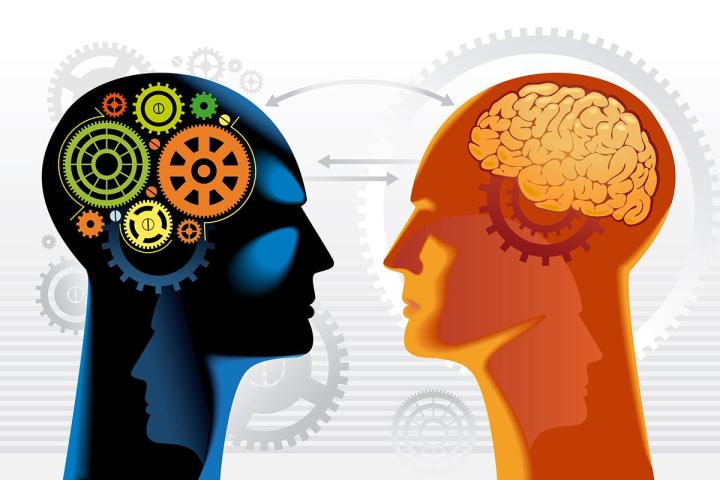
“The thing I want to say to everybody in the room is: We ought to care about women being in computer science,” Gates said at a recent ReCode conference, according to Bloomberg Technology. “You want women participating in all of these things because you want a diverse environment creating AI and tech tools and everything we’re going to use.”
Melinda Gates’ comment came after her husband Bill extolled the virtues of artificial intelligence. “Certainly, it’s the most exciting thing going on,” he said. “It’s the Holy Grail. It’s the big dream that anybody who’s ever been in computer science has been thinking about.”
Pointing out that currently only 17 percent of computer science graduates are women, compared to a previous high of 37 percent, Melinda Gates was making a statement not only about computer science in general, but also how it could matter in the field of artificial intelligence, where rules-based behavior could be shaped predominately by men.
Bloomberg obtained figures from the 2015 Neural Information Processing Systems conference in Montreal, one of the year’s largest artificial intelligence events. Women accounted for only 13.7 percent of the conference attendees.
And does the issue matter? Conference attendee Margaret Mitchell thinks it does. “I call it a sea of dudes,” said Mitchell, a Microsoft researcher who works on computer vision and language problems. Mitchell is the only female researcher in Microsoft’s “cognition” group. Estimating that in the past five years she’s worked with about ten women and hundreds of men, Mitchell said, “I do absolutely believe that gender has an effect on the types of questions that we ask,” she said.
“You’re putting yourself in a position of myopia.”



